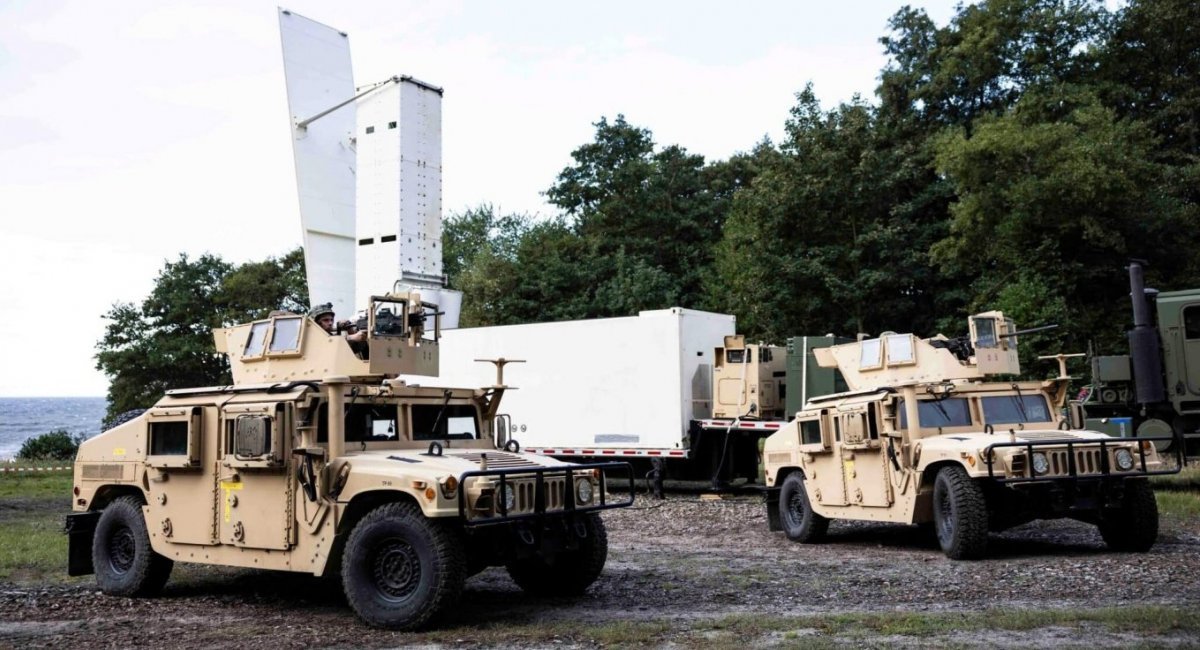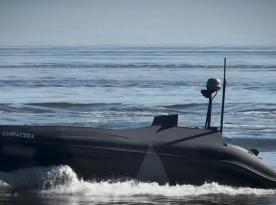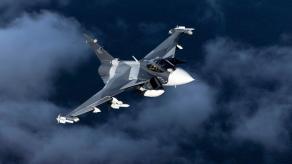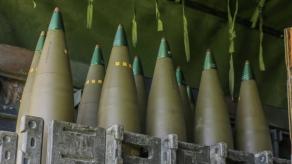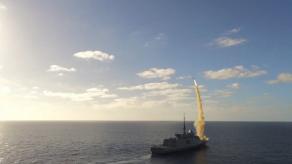The RS-26 Rubezh medium-range missile has sparked discussions in Ukraine, raising questions about its capabilities, whether russia might deploy it, and the threat it poses.
A key concern is Ukraine’s current lack of effective systems to counter the RS-26 Rubezh. This missile is reportedly capable of carrying either the Avangard hypersonic glide vehicle or up to four independently targetable reentry vehicles (MIRVs), each with a 0.3 Mt yield, similar to the RS-24 Yars. It is unclear whether the Rubezh could feature a conventional monoblock warhead, though this seems highly improbable.
Read more: What is the RS-26 Rubezh Intermediate-Range Missile and Can the russians Really Launch It
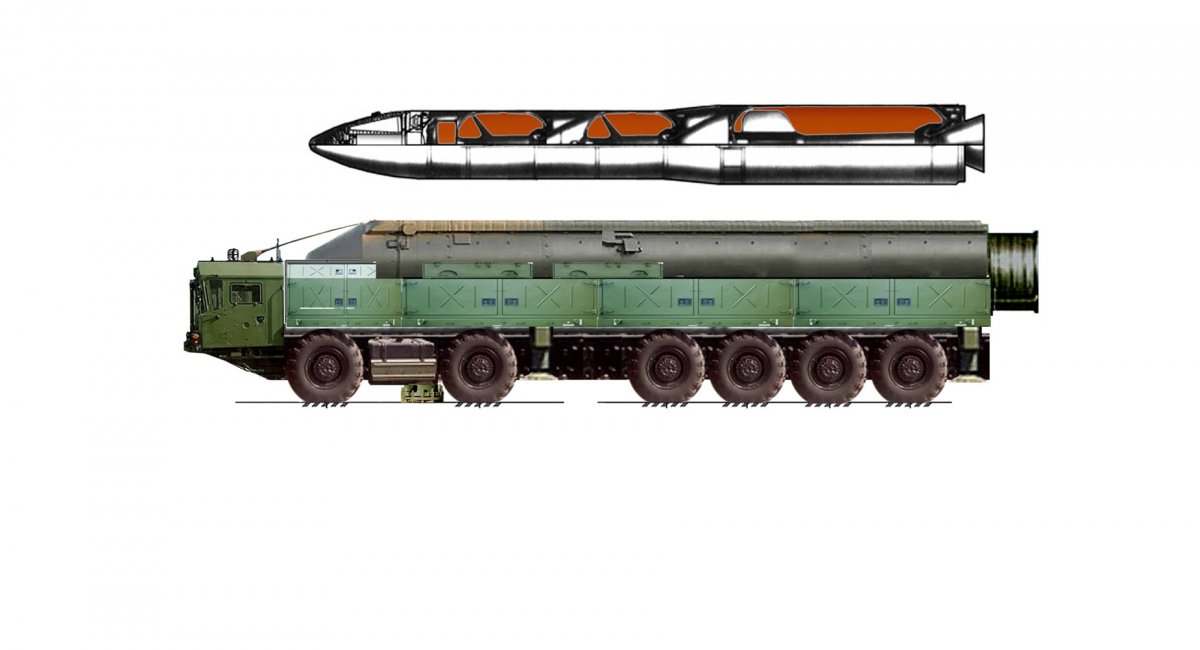
Currently, Ukraine’s Patriot PAC-3 systems are optimized for intercepting short-range ballistic missiles like the Iskander. However, the Rubezh, as a medium-range missile, exceeds the Patriot’s core capabilities, necessitating more advanced missile defense systems.
The ideal solution would be acquiring the THAAD (Terminal High Altitude Area Defense) system, specifically designed for medium-range ballistic missile interception. However, the U.S. has only seven THAAD batteries, with one already deployed in Israel’s defense.
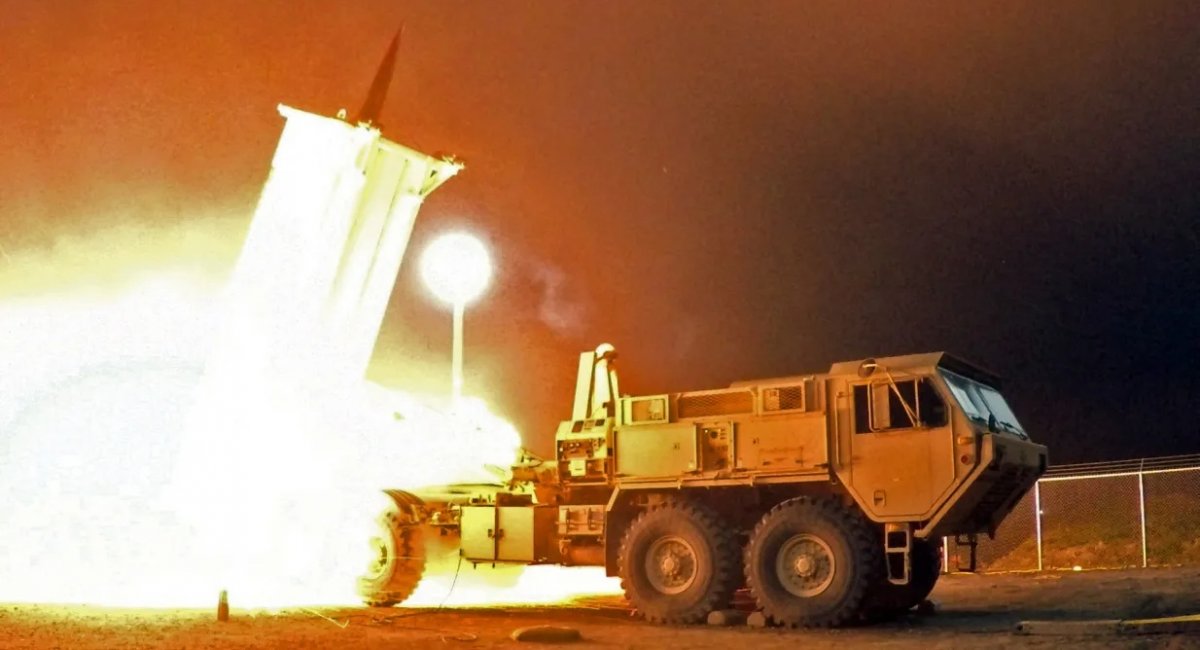
A more accessible alternative could be the SM-6 surface-to-air missile system, which can counter medium-range ballistic missiles and aerial threats at distances up to 240 kilometers. These missiles are compatible with the Mk 41 vertical launch system (VLS), making them adaptable for ground-based deployment.
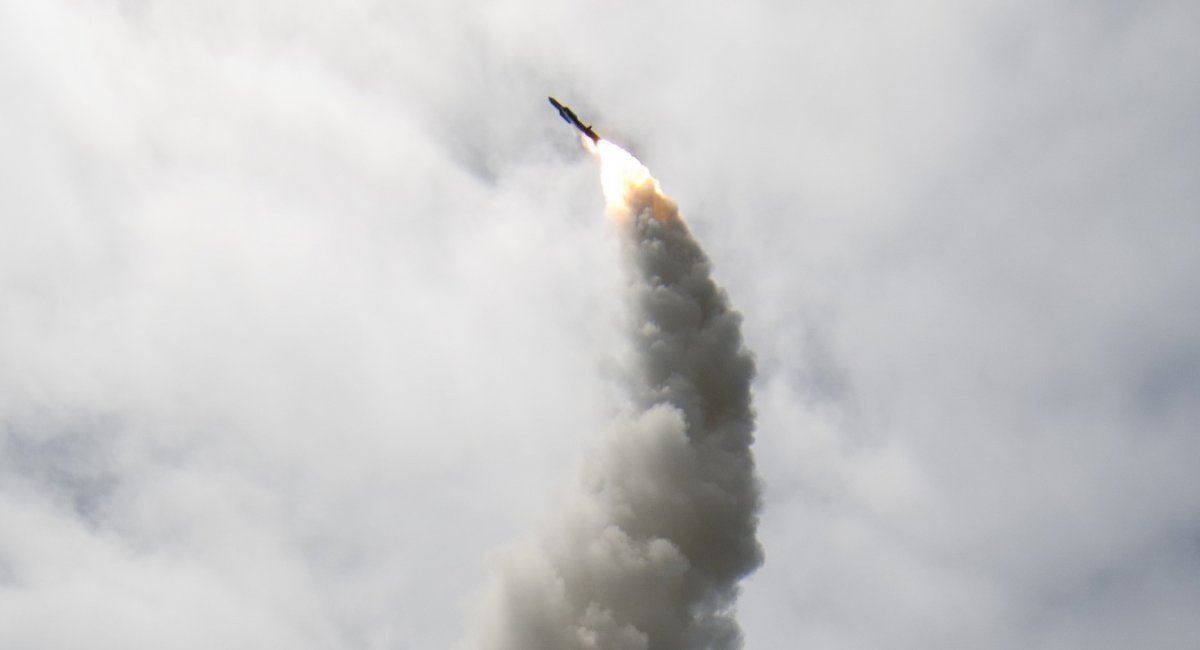
However, logistical challenges remain. The U.S. Army has just eight Typhon missile launchers in two batteries, while the U.S. Marine Corps fields only three launchers, each equipped with eight Mk 41 VLS cells. Additionally, the SM-6 missile’s export cost can reach $40 million per unit, complicating acquisition for Ukraine.
Nevertheless, obtaining advanced missile defense systems is a matter of survival for Ukraine in the face of escalating threats.
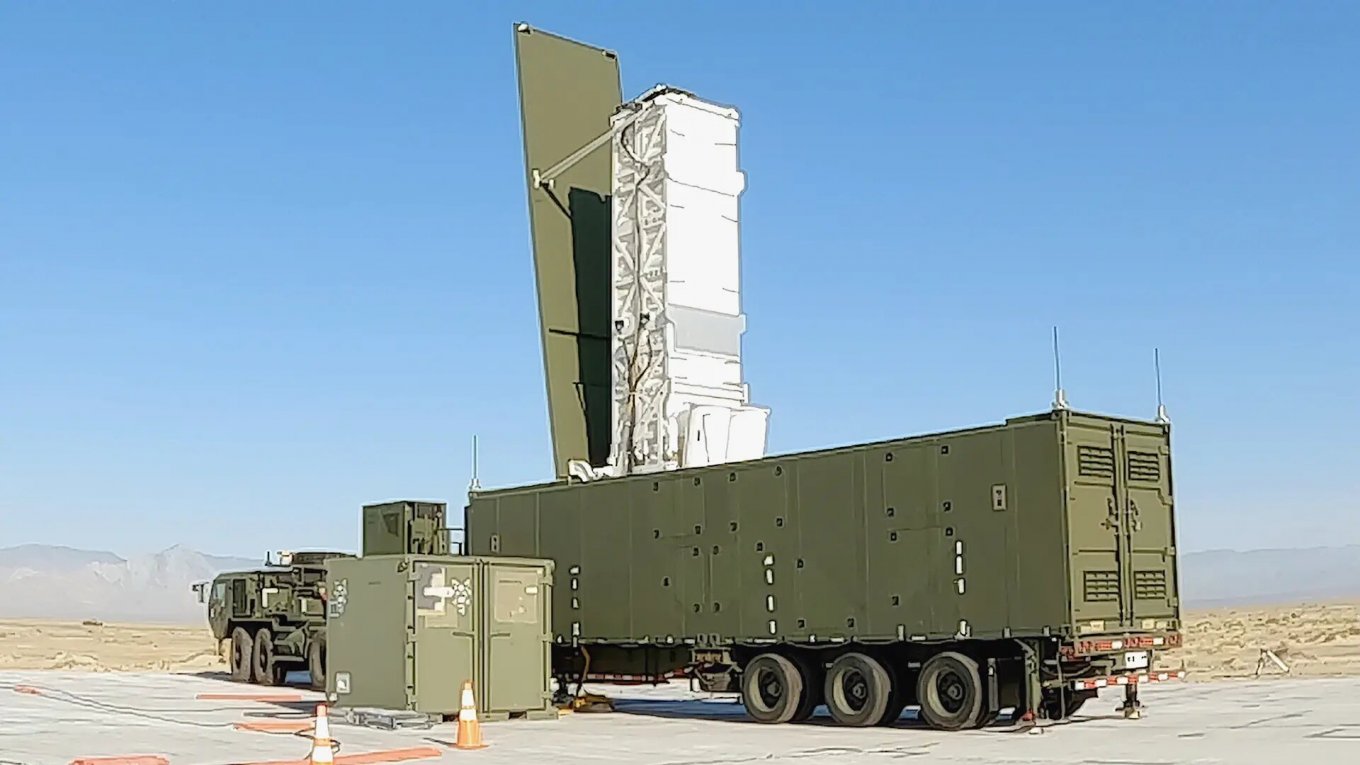
Read more: Unique SM-6 Missile System: With Longer Range than the Patriot, Capability to Destroy Aerial Targets at Distances up to 370 km




